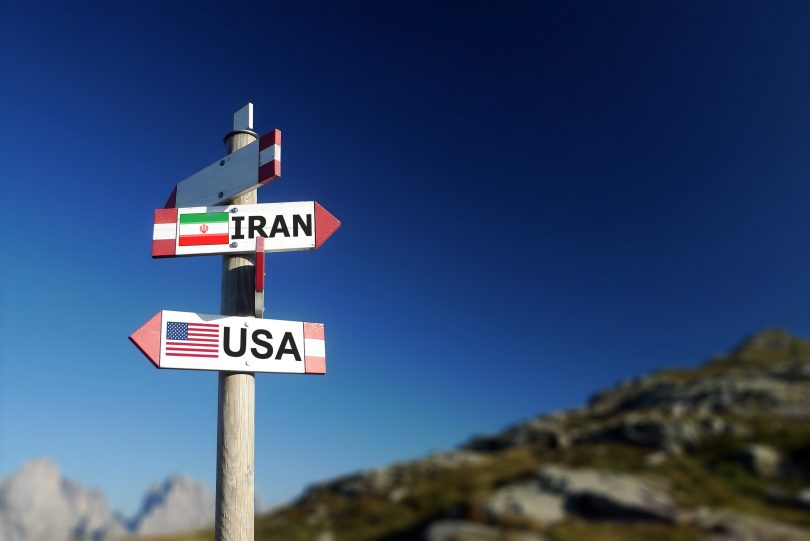
The Greek historian Thucydides, one of the most important pioneers in the theory of force, analyzed the wars between Sparta and Athens 2,500 years ago, long before the laws of war were defined. The logic of international relations has not changed and is still based on enmity and calculations of security. However, these findings do not mean that war is the only option. As Hobbes said, “The nature of foul weather lies not in a shower or two of rain.” The relationship between America and Iran is defined by hatred and security needs. The United States, as a global power in charge of implementing international resolutions, has strategic interests in the region. Iran, for its part, is an emerging regional power and is no longer the Iran of three decades ago. It is seeking to acquire nuclear capabilities and extend its influence east and west into the Gulf, Iraq, Yemen, Syria and the Mediterranean coast. This not only has serious implications for the countries in the region, but will also compromise the interests of the United States and Israel, and challenge American leadership. Thus, we see Iran allying itself with Russia in an effort to threaten the security of America’s alliances.
The relationship between the U.S. and Iran has been dominated by tension and confrontation ever since the Iranian revolution and Tehran’s efforts to export its revolution abroad.
To add to the problematic situation, they also compete in the same strategic areas, such as the Persian Gulf. Iran’s attempts to amplify its military power and pursue nuclear and intercontinental ballistic capabilities have further exacerbated relations. This explains why the new U.S. administration has opposed the Iran nuclear deal and advocated for sanctions. Israel’s strike on the Syrian nuclear reactor in Deir ez-Zour has sent Iran the message that it will not wait for U.S. cooperation. But the problem is that Iran is not the Iran it was 30 years ago. There is no doubt that Iran has succeeded in developing its military and stabilizing its security. This puts the U.S. administration face-to-face with difficult options. Still, America is committed to preventing Iran’s nuclear capabilities and regional expansion.
Perhaps the most obvious and realistic option is a revision of the nuclear agreement and for the P5+1 to demand further restrictions.* If not, the U.S. may announce its withdrawal from the agreement and impose further sanctions. The option of war remains, whether by proxy by allowing Israel to strike Iran’s nuclear reactors or by direct confrontation. But the option for comprehensive war remains unlikely given the repercussions faced by both Iran and the United States. After all, it would contradict President Trump’s “America First” slogan, and the option could increase the spread of terrorism and militant movements in every direction.
*Editor’s note: The P5+1 refers to the United Nations Security Council’s five permanent members (the P5): China, France, Russia, the United Kingdom and the United States, plus Germany.

Leave a Reply
You must be logged in to post a comment.